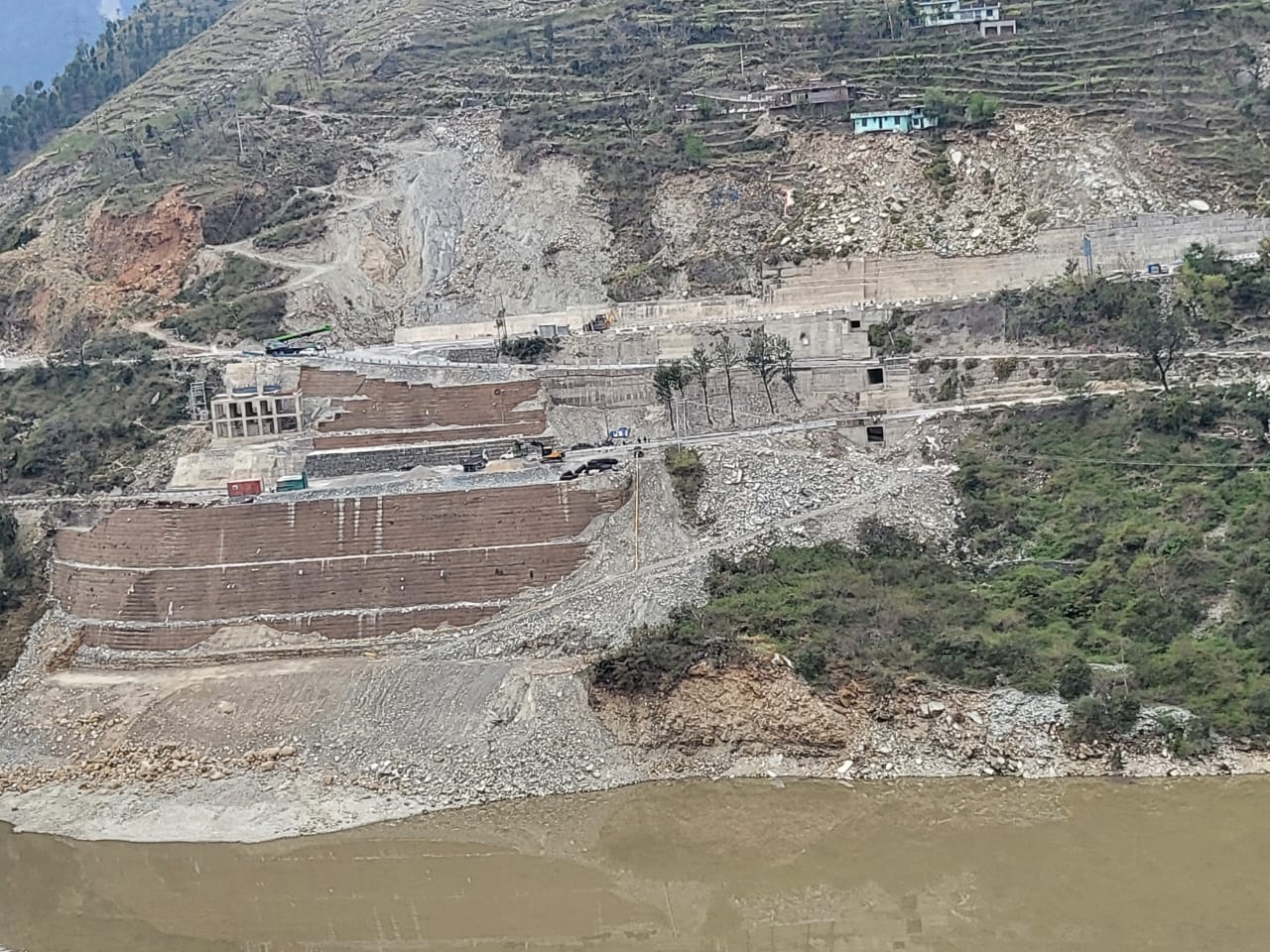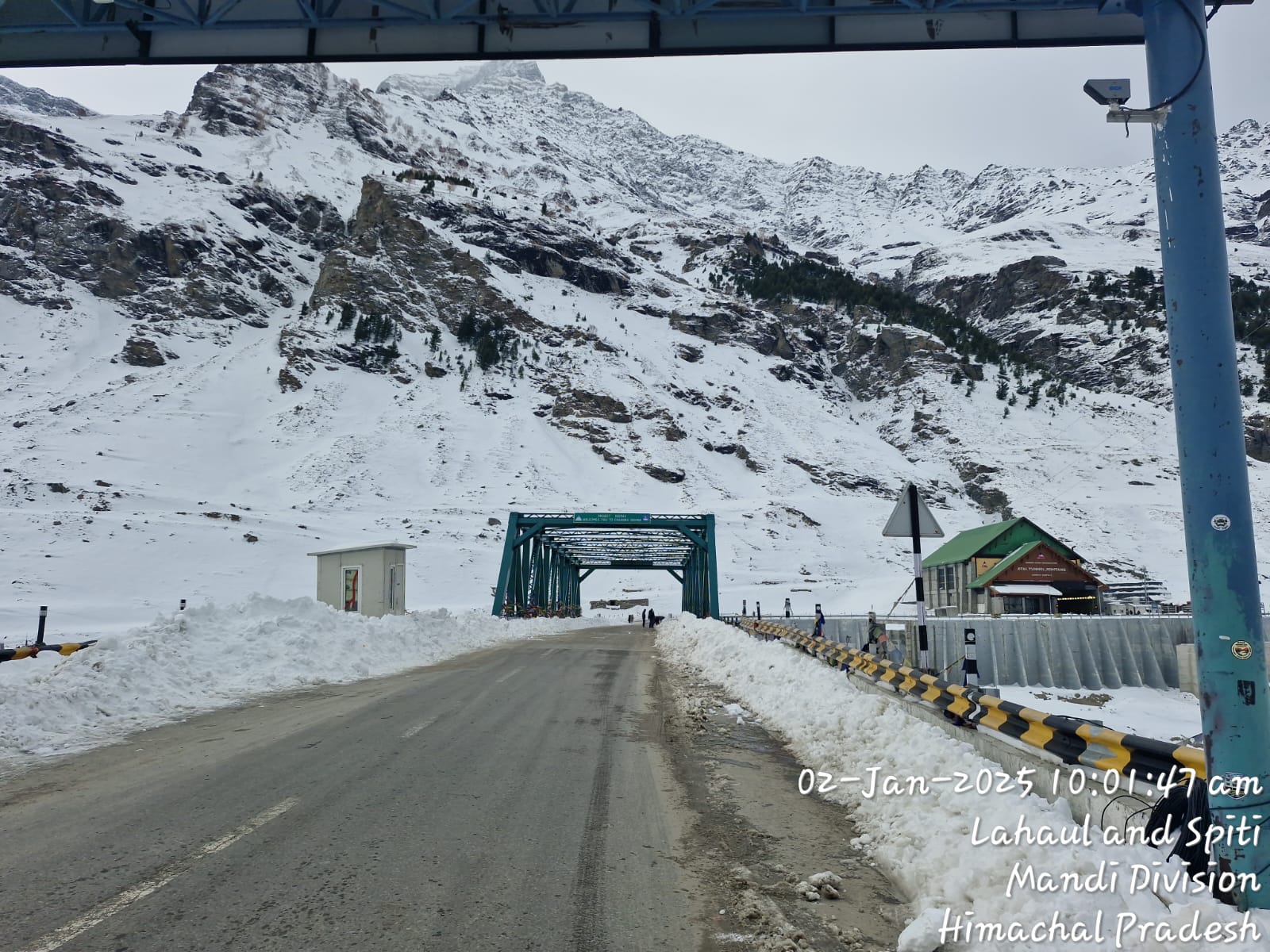“Gaza Teeters on Man-Made Drought”: UNICEF Warns Children Face Death Without Fuel for Water.
Geneva:
The United Nations Children’s Fund (UNICEF) has issued its most urgent warning yet on the escalating humanitarian crisis in Gaza, stating that a deepening fuel blockade is pushing the population, especially children, toward death by thirst. Speaking at a press briefing in Geneva, UNICEF Spokesperson James Elder painted a grim picture of a “man-made drought” that could collapse the water and health infrastructure in days without immediate political action.
“In a war already defined by its brutality, Gaza now teeters at its deadliest edge,” Elder said, pointing to the devastating impact of the over 100-day blockade on fuel entering Gaza. According to UNICEF, only 40% of Gaza’s drinking water facilities remain operational. Without fuel, none will be functional within weeks.
The fuel shortage, exacerbated since the complete power cut following the October 7, 2023 attacks, has crippled essential services, particularly water production, treatment, and distribution to over two million Palestinians. Elder emphasized that this crisis is entirely preventable, stating, “None of these problems are logistical or technical. They are political.”
Water Crisis Reaching Breaking Point
The UNICEF report describes a desperate situation: desalination plants operating at minimal capacity, groundwater pumps at risk of shutdown, and donkeys replacing water trucks as transport collapses. “A truck carries 15,000 litres of water. A donkey cart? Just 500,” Elder noted. “Even the donkeys are slowing – there’s barely enough food to keep them moving.”
The consequences are severe and wide-ranging. Without fuel, sewage systems are backing up, contaminating makeshift shelters and raising fears of infectious disease outbreaks such as hepatitis A and E. UNICEF warned that suspected cases are already being reported.
Nutrition and Health on the Brink
Water scarcity is also fueling a malnutrition crisis. Between April and May, UNICEF recorded a 50% increase in children aged 6 months to 5 years being treated for acute malnutrition. More than 110 children are admitted every day for treatment, as water and food shortages create a deadly feedback loop.
UNICEF stressed that fuel is the thread holding together what remains of Gaza’s shattered health system. Without it:
- Hospital generators will cease functioning.
- Oxygen production and life-support systems will shut down.
- Ambulances won’t run, and incubators will go dark.
“This is not just a water crisis. It’s a healthcare crisis, a sanitation crisis, a survival crisis,” Elder said.
“A War on Children”
Elder condemned the international community’s inaction, calling this Gaza’s most critical moment since the conflict began. “A virtual blockade is in place; humanitarian aid is being sidelined; the daily killing of girls and boys does not register,” he said. “Now, a deliberate fuel crisis is severing Palestinians from their most essential element for survival: water.”
Elder recounted conversations with Gazans to underscore the gravity of the situation:
“‘We have learnt to live without so much… but we cannot survive days without water,’” a friend told him.
UNICEF’s Appeal
UNICEF is calling for the immediate lifting of the fuel blockade and unhindered humanitarian access. The agency warns that without urgent political will, the collapse of Gaza’s water systems will become irreversible — resulting in mass dehydration, disease outbreaks, and increased child mortality.
In conclusion, UNICEF reiterated that this crisis is man-made and preventable. “It can be stopped overnight,” said Elder. “But time is running out.”


